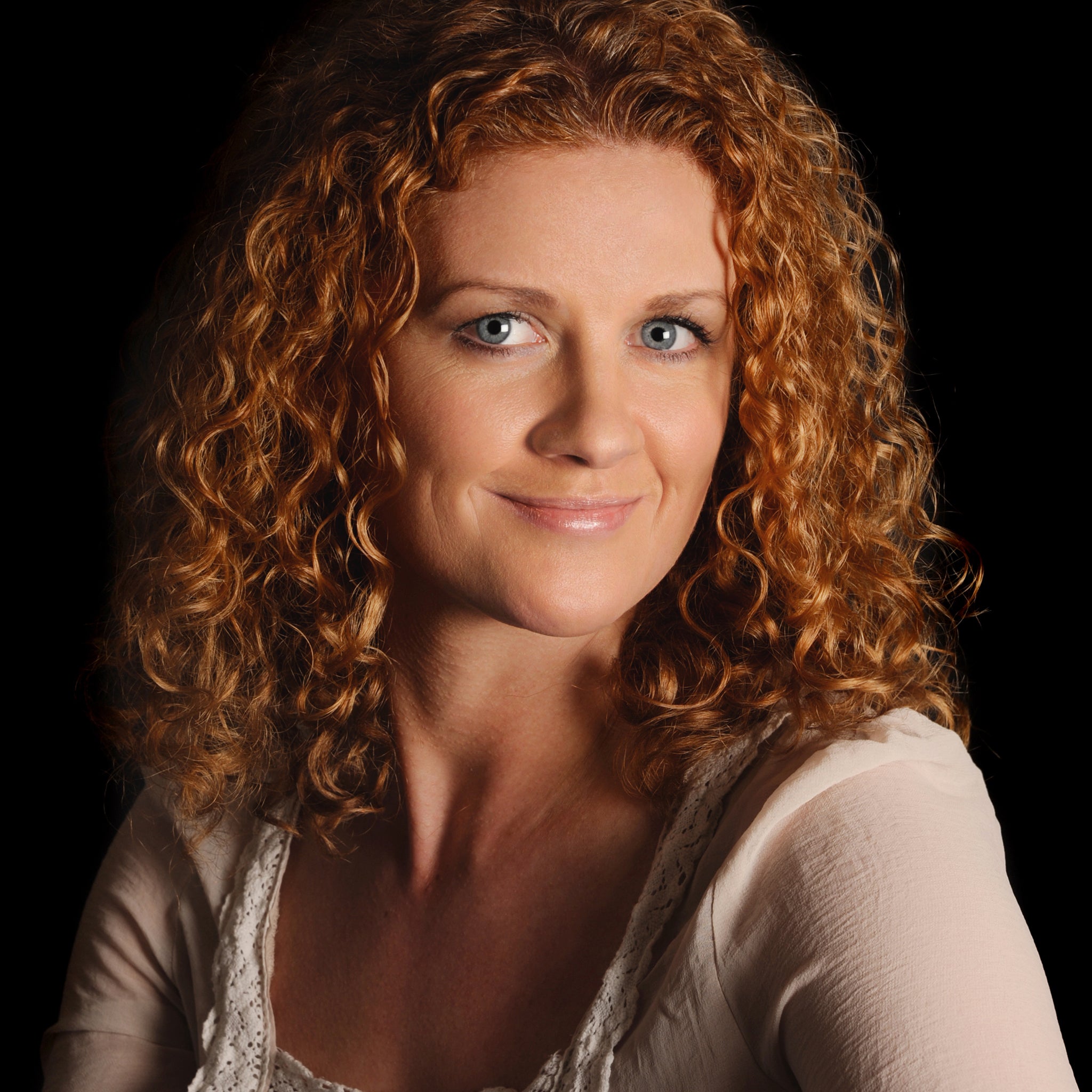Teenage fiction books round-up: From The Murdstone Trilogy to A Little in Love
Young at heart: Susan Fletcher provides melodrama in ‘A Little in Love’ Lisa Barlow

Your support helps us to tell the story
From reproductive rights to climate change to Big Tech, The Independent is on the ground when the story is developing. Whether it's investigating the financials of Elon Musk's pro-Trump PAC or producing our latest documentary, 'The A Word', which shines a light on the American women fighting for reproductive rights, we know how important it is to parse out the facts from the messaging.
At such a critical moment in US history, we need reporters on the ground. Your donation allows us to keep sending journalists to speak to both sides of the story.
The Independent is trusted by Americans across the entire political spectrum. And unlike many other quality news outlets, we choose not to lock Americans out of our reporting and analysis with paywalls. We believe quality journalism should be available to everyone, paid for by those who can afford it.
Your support makes all the difference.Mal Peet, a top novelist for teenage audiences, has now written his first adult novel.
The Murdstone Trilogy (David Fickling, £14.99) takes a mocking swipe at writers still churning out sub-Tolkienesque fantasies, full of high-sounding phrases but ultimately going nowhere.
Philip Murdstone is the story’s despairing novelist previously specialising in “sensitive” stories about problem children that no-one wanted to read. Led on by his rapacious agent, he finally tries his hand at fantasy writing but only succeeds after somehow conjuring up a thoroughly nasty dwarfish figure from the past.
He is named Pocket Wellfair, an inventively foul-mouthed character who writes most of Philip’s story for him but through malign reasons of his own. Literary and personal disaster soon loom. Read it whatever your age and find yourself laughing pretty well at every page – it really is that good.
David Almond’s A Song for Ella Grey (Hachette, £12.99) is a different matter. A perennial literary risk-taker, he sets his latest story in a group of bright, friendly young Tynesiders all working for their A-level exams in English literature. But a weekend seaside jaunt involving drinking around a bonfire sees the arrival of a strange, dreamy modern-day young Orpheus, complete with home-made lyre. True to type, his songs charm not just the teenagers but surrounding animals as well. At this point, tough-minded readers may have had enough, but those who persevere are in for some beautiful writing very much in sympathy with what it is like to be on the threshold of adulthood.
Sweetness and light vie with darker themes as the story turns tragic and finally violent. This is an author always on the side of the young, and as such offers a valuable counterweight to fashionable gloom in other teenage writing.
Meg Wolitzer’s Belzhar (Simon and Schuster, £7.99) also involves a group of teenagers studying literature. But these are emotionally fragile US pupils attending a therapeutic boarding school. Each has their own sad story, which is eventually divulged to the rest.
But what could have turned into yet another exercise in emotional self-indulgence soon sharpens into a welcome attack on continuing to live in the past at the expense of the present. Each student is magically given the power to revisit the episode that has given them such grief in order to try to resolve it more successfully. But once there, and discovering things were rather different than they had come to believe, they are more than happy to return to their new friends.
Dry humour also accompanies each journey in this readable novel, already selling well in America and deservedly so.
Not much past fun is to be found in Susan Fletcher’s A Little in Love (Chicken House, £6.99) either. This tale is told as if by Éponine, the girl of the streets who plays a tragic bit part in Victor Hugo’s, or should it be Andrew Lloyd Webber’s, Les Misérables. Her Cinderella character for whom there is never going to be a Prince or Fairy Godmother is a reminder of how dreadful life for many young people in Europe once was and, by implication, still remains so today in other parts of the world.
Artfully written, with melodramatic coincidences falling over each other as the narrative nears its weepy end, this is good stuff for readers in the mood for luxuriating in masochistic suffering, albeit safely distanced to the year 1832. But for something modern, brash and topical, go to Non Pratt’s Trouble (Walker, £6.99). Narrated by 15-year-old Hannah, who becomes pregnant, and also by her ambiguous boyfriend Aaron, this story is moving and also frequently hilarious.
Join our commenting forum
Join thought-provoking conversations, follow other Independent readers and see their replies
Comments